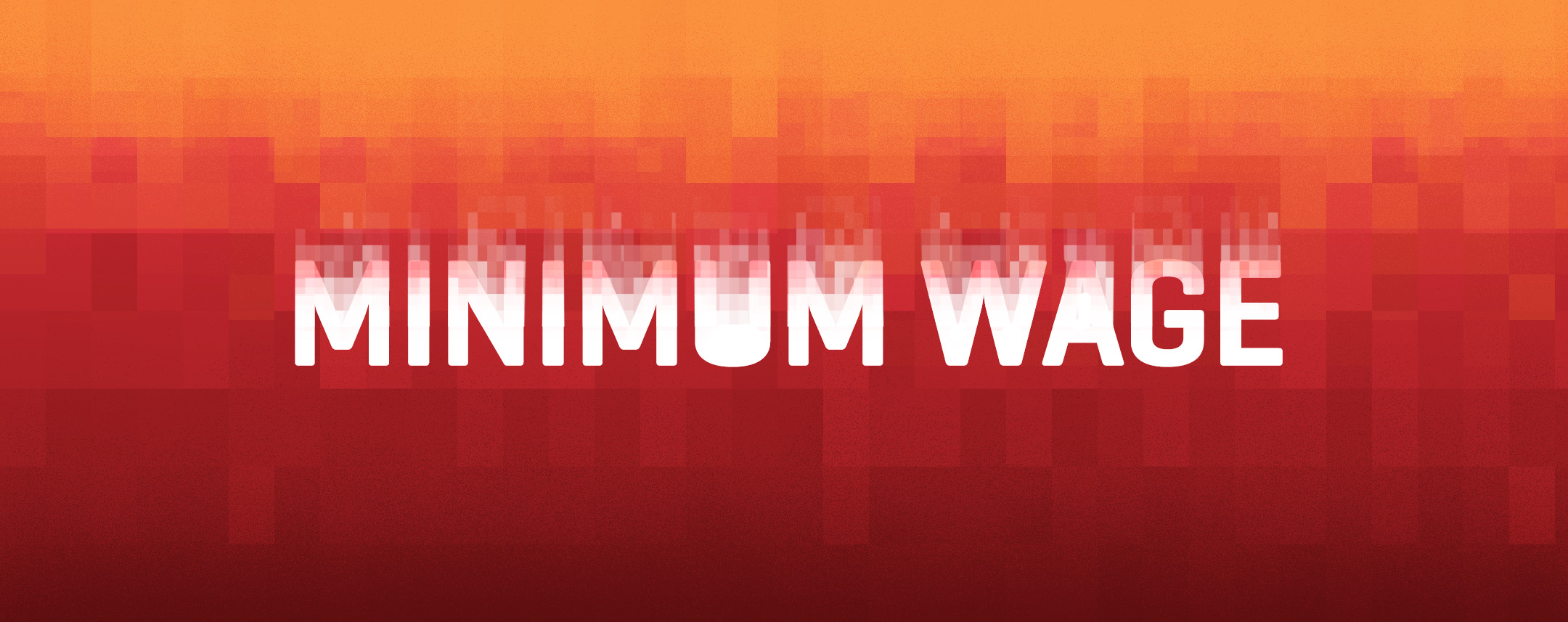The second in an ongoing series of blogs devoted to exposing the flaws in published liberal thought.
The notion that the government, in its infinite wisdom, should be the one to decide what it’s fair to pay workers in the private sector is one of the most cherished—and unsupportable—ideas in all of liberaldom.
The only thing more foolish would be arguing that the current inflated standard is still too low, but that’s precisely what an Oct. 23 editorial in USA Today says—or at least implies.
Which is why the editorial is a prime candidate for deconstruction.
The commentary, headlined “States lead the way on minimum wage,” notes that on election day, five states—Alaska, Arkansas, Illinois, Nebraska and South Dakota—will vote on minimum wage hikes.
All but Illinois tilt Republican, but in none is there much resistance to the idea that people should earn more than the federal minimum wage of $7.25. The people seem to support it, and even a few Republican lawmakers have gotten behind it.
The paper’s editors consider this expression of popularity dispositive— and so would I if the people were voting to spend their own money.
But they’re not, which casts the issue in an entirely different light.
Just as voters in this state appear to overwhelmingly support Initiative 1351, which promises to reduce class sizes in Washington schools by hiring more teachers but makes no allowance for where the money to hire them will come from, it’s hardly surprising minimum wage hikes would be popular.
After all, what could make people feel better about themselves than voting to give “poor” people more of someone else’s money? And spinmeisters like USA Today shamelessly pander to this instinct by assuring their readers no one will be hurt.
“States have found that modestly higher minimums do not inflict the economic damage that critics claim,” the editorial breezily notes.
Damage to whom? There’s likely very little to most of those who vote for higher minimum wages, and no down side at all for the workers who’ll wake up tomorrow morning earning $1.25 an hour more for doing precisely the same job.
But there’s most certainly damage inflicted on businesses already operating at the margin that are forced into bankruptcy because they can’t afford to pay the higher wages. Likewise, workers either fired from their current jobs or never hired in the first place by employers grappling with the higher standard are undeniably hurt.
The editorial grudgingly concedes that “…more aggressive hikes imposed in cities such as Seattle and San Diego risk unpleasant consequences.”
And that’s demonstrably true. But if one can expect to see genuinely unpleasant consequences after arbitrarily setting the minimum wage at $15, it follows that the jump from $7.25 to $8.50, as USA Today advocates, would at least have “slightly unpleasant” consequences where that’s done.
Fortunately, consequences are never more than slightly unpleasant when they’re happening to someone else.
The point is, why inflict damage at all? Minimum wage supporters wail about the importance of family-wage jobs and bemoan the difficulties of raising a family on $7.25, but according to the U.S. Bureau of Labor Statistics, almost no one’s doing so.
In fact, only around 2 percent of the workforce is married and earning minimum wage, and only a small percentage of those are the sole or even primary breadwinner for their family.
But while numbers don’t always tell the whole story, here’s one that unquestionably does—zero. Because that’s the exact number of workers in the entire country who needed a gun put to their heads in order to make them work for $7.25.
More likely, given their youth and manifest lack of marketable skills, there was almost certainly a reasonable amount of competition for those positions, and those hired were grateful to be chosen.
To be sure, they’d be even more grateful at $8.50 an hour, but the laws of economics tell us far fewer would get the opportunity at that rate. How is this a good thing?
Once passed, the USA Today editors suggest, “Then the minimum should be indexed to inflation, so rising consumer prices don’t erode its value.”
More economic illiteracy.
The textbook definition of inflation is when wages or prices are artificially increased with no relation to market forces like supply and demand. In other words, minimum wages are de facto inflationary.
Indexing an already inflationary number to inflation is a sure recipe for… well, you get the idea.
Lastly, the USA Today editorial calls for compromise on the minimum wage issue—or at least the liberal definition of the term—when it observes, “Republicans in Washington would have to be more flexible, and Democrats would have to set their sights a little lower.”
That’s fairly typical of negotiations with a liberal. They give up absolutely nothing, but by agreeing to take a little less of what belongs to someone else than they’d like—for now anyway—they’re showing open-mindedness on this issue and Republicans are the ones being intractable.
It’s a sad commentary on where this nation is that the “reasonable” ones are those trying to decide just how much of what another person has rightly earned should be diverted to someone else, while those trying to hold onto it are considered radical.











